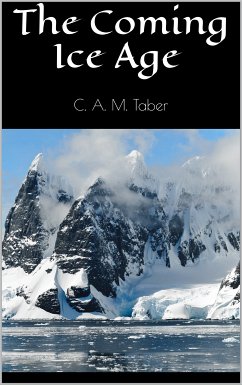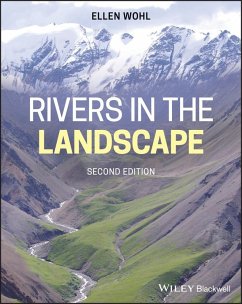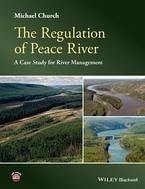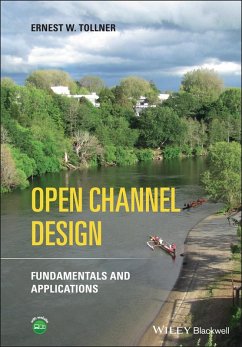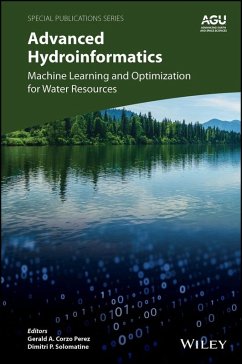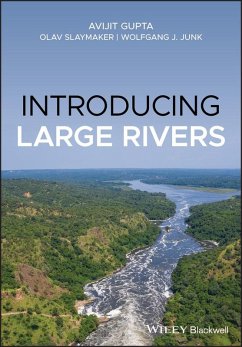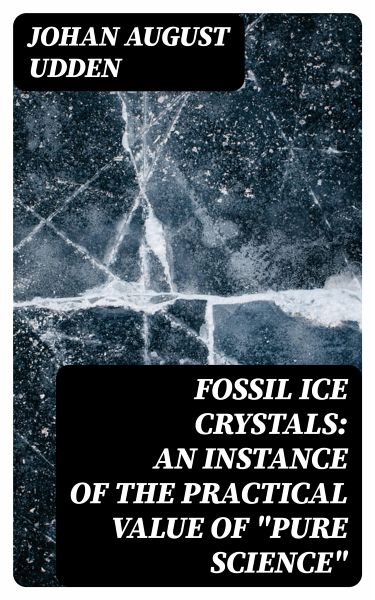
Fossil Ice Crystals: An Instance of the Practical Value of "Pure Science" (eBook, ePUB)

PAYBACK Punkte
0 °P sammeln!
In "Fossil Ice Crystals: An Instance of the Practical Value of 'Pure Science,'" Johan August Udden delves into the intricate world of crystallography and the formation of mineral ice. Through meticulous observations and rich descriptions, Udden articulates the relationship between geological formations and their implications for scientific inquiry, showcasing how pure science can yield practical benefits. The work is rooted in the late 19th and early 20th-century scientific discourse, characterized by an emerging appreciation for the intersection of theoretical knowledge and its applications i...
In "Fossil Ice Crystals: An Instance of the Practical Value of 'Pure Science,'" Johan August Udden delves into the intricate world of crystallography and the formation of mineral ice. Through meticulous observations and rich descriptions, Udden articulates the relationship between geological formations and their implications for scientific inquiry, showcasing how pure science can yield practical benefits. The work is rooted in the late 19th and early 20th-century scientific discourse, characterized by an emerging appreciation for the intersection of theoretical knowledge and its applications in real-world scenarios, particularly within natural sciences. Johan August Udden was a prominent American geologist whose extensive research in stratigraphy and paleontology informed his understanding of mineralogy. His background in sedimentary rocks and his keen interest in crystalline structures likely inspired the exploration of ice crystals in this work. Udden's deep commitment to scientific exploration and his ability to broaden the horizons of pure scientific inquiry affirm his position as a foundational figure in early 20th-century geology. This book is highly recommended for scholars and enthusiasts of geological sciences, crystallography, and the philosophy of science, as it provides crucial insights into how the study of isolated natural phenomena can inform broader scientific practices. Udden's groundbreaking work elegantly marries theoretical inquiry with tangible advancements, making it an essential read for those seeking to understand the practical value of pure science.
Dieser Download kann aus rechtlichen Gründen nur mit Rechnungsadresse in A, B, BG, CY, CZ, D, DK, EW, E, FIN, F, GR, H, IRL, I, LT, L, LR, M, NL, PL, P, R, S, SLO, SK ausgeliefert werden.





